It was during this conference, and under pressure from the US ambassador to Iraq, Zalmay Khalilzad, that Iraq's political future was decided and the muhasasa ta'ifia, the ethno-sectarian apportionment system that was imposed on Iraqis following the invasion, was decided on.
Jalal al-Talabani, then leader of the Patriotic Union of Kurdistan (PUK) who would later become president of Iraq, defined the mission of the conference as "restoring unity to Iraq as a people, territory and entity". Masoud Barzani, the leader of the Kurdistan Democratic Party (KDP), who in 2005 would become president of the newly established Kurdistan Region of Iraq, emphasised the need for "a spirit of reconciliation and preservation of the [national] interest". Ahmed al-Chalabi, who would later head the oil ministry, called for "a new way of thinking and the consolidation of democratic principles".
At the closing of the conference, the opposition published a 10-page political statement, which emphasised their desire to root out sectarianism, which was defined in terms of Saddam Hussein's persecution of the Shia community, and to build a new Iraq based on human rights and equality for all its citizens.

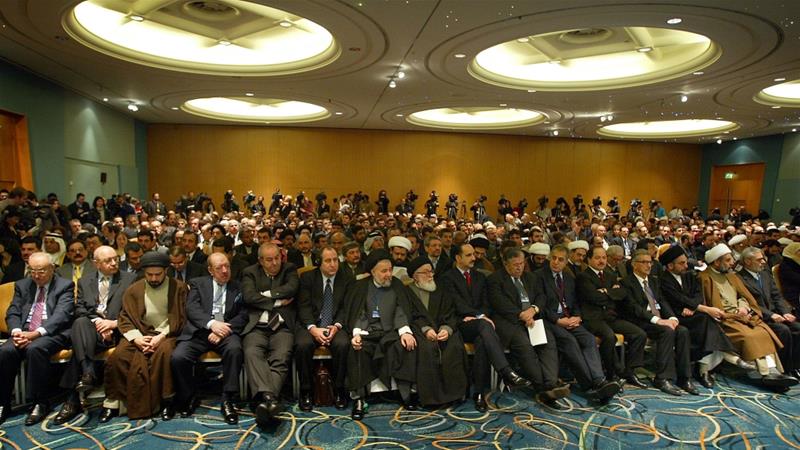
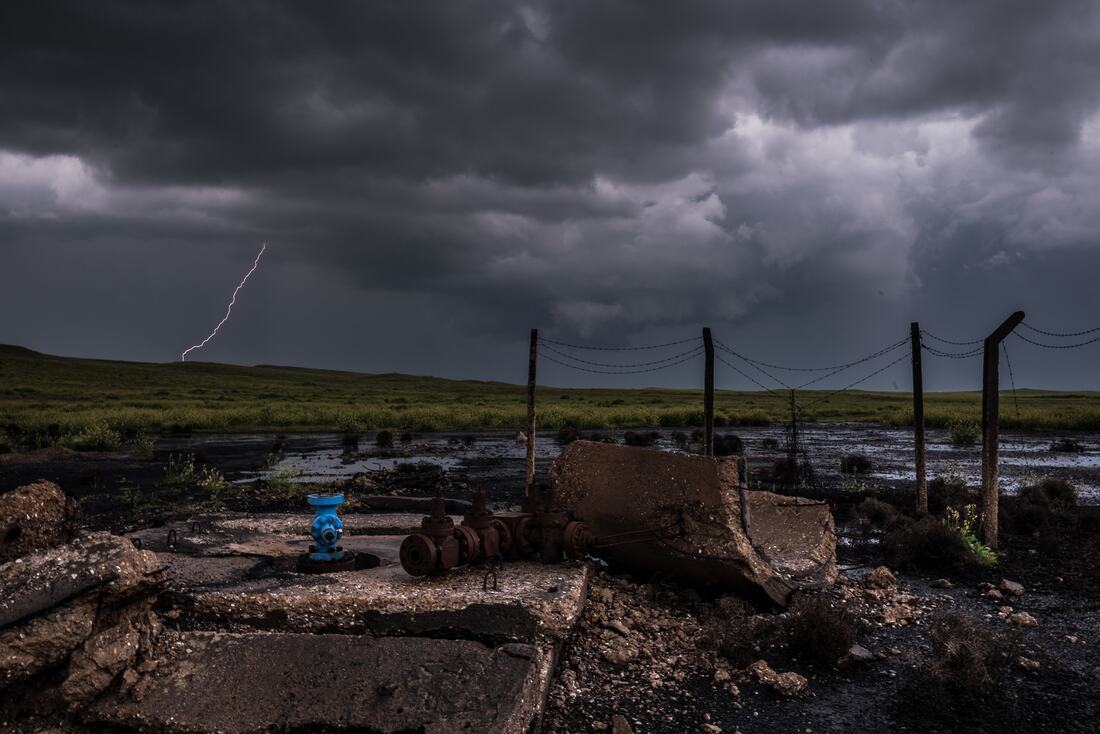
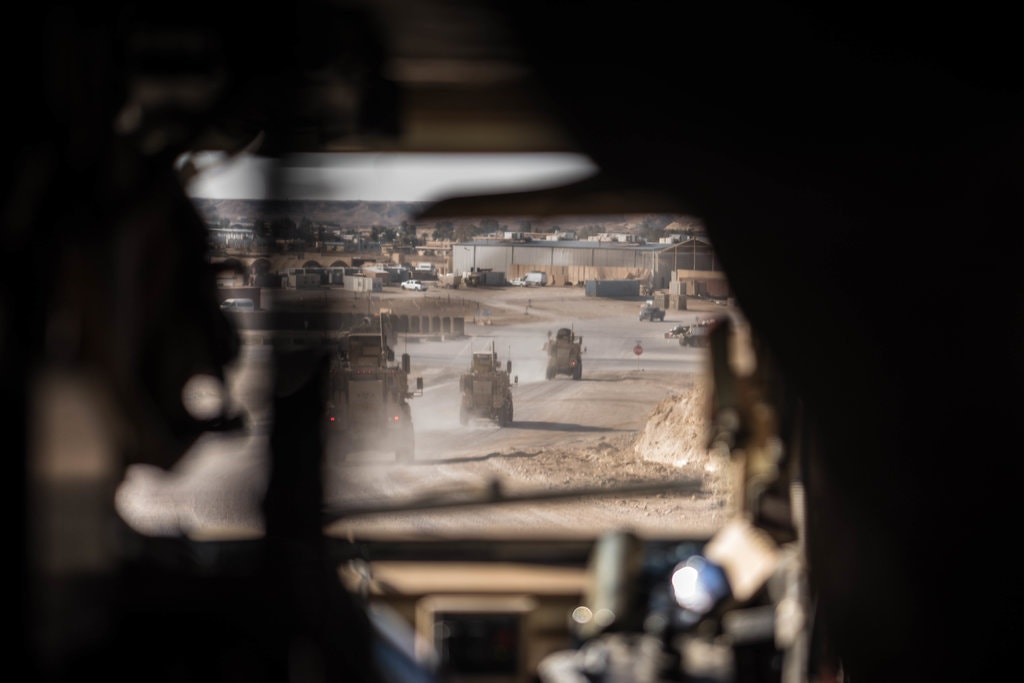
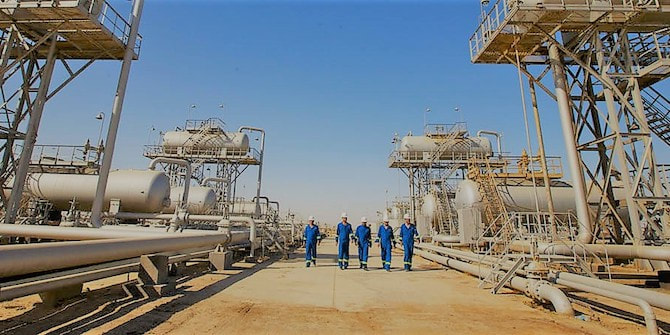
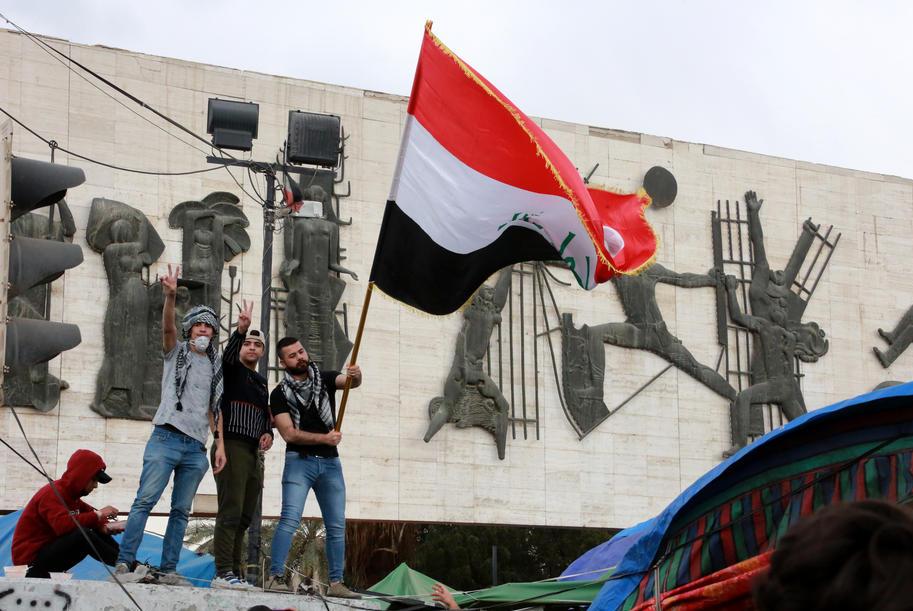
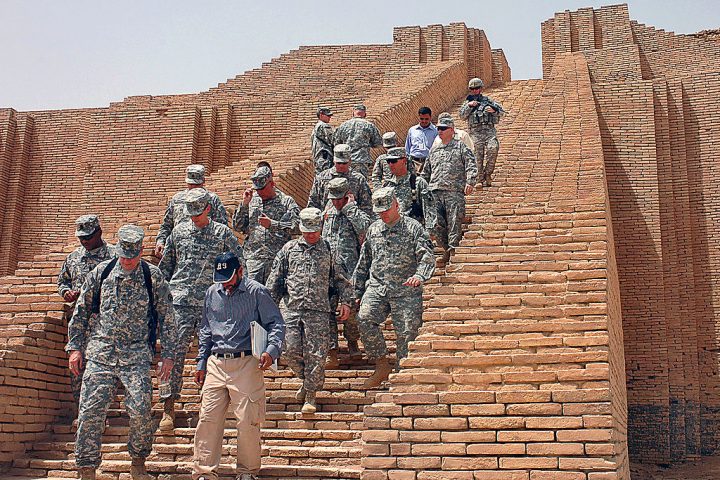
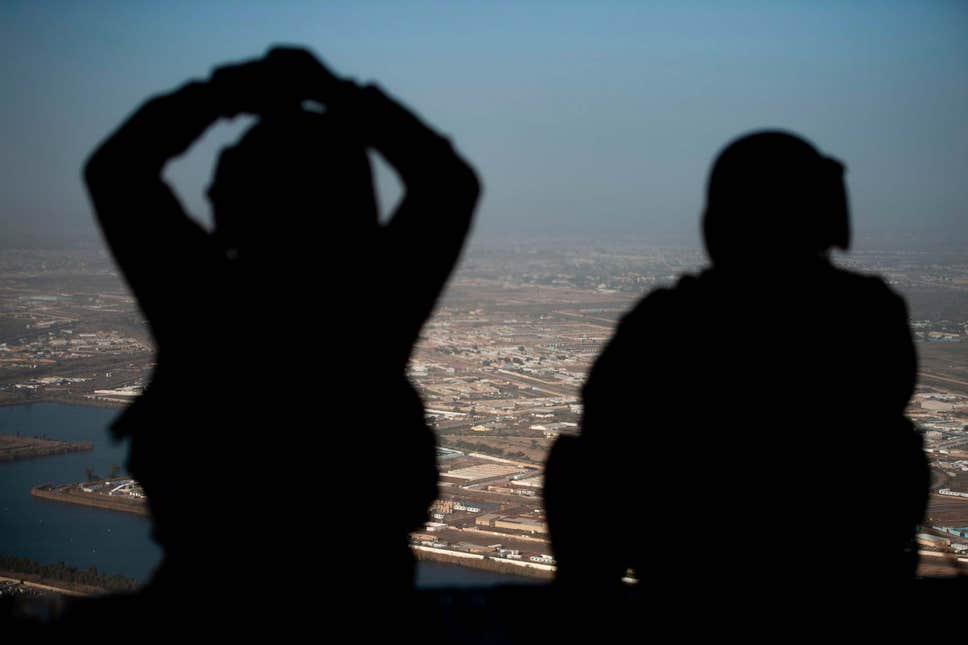
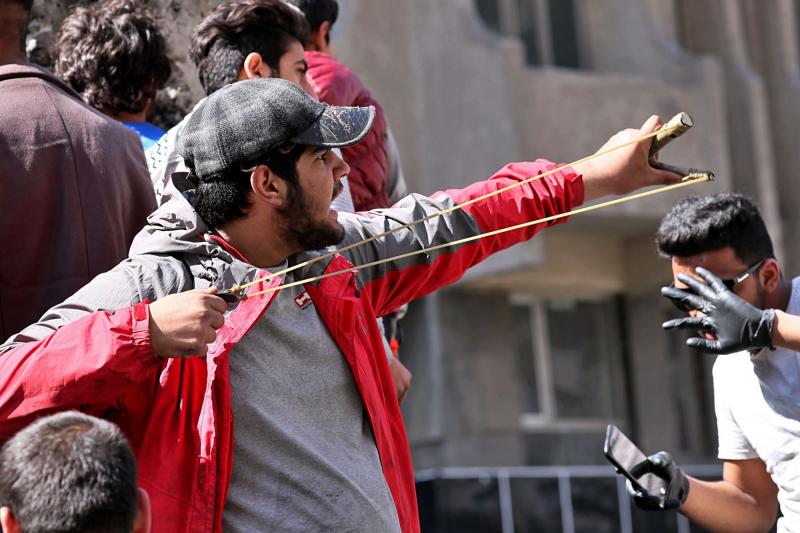
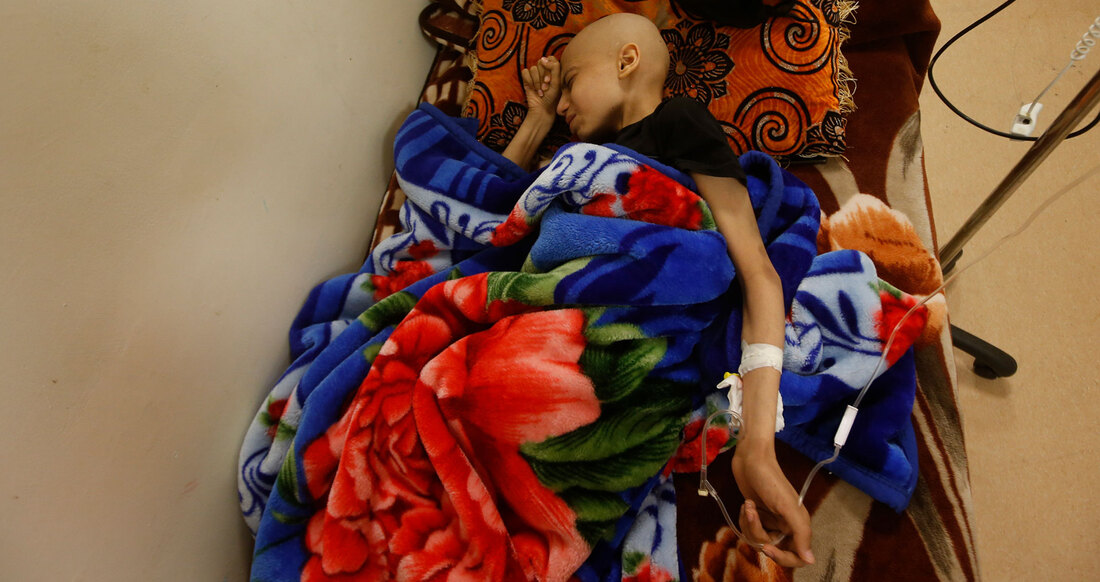
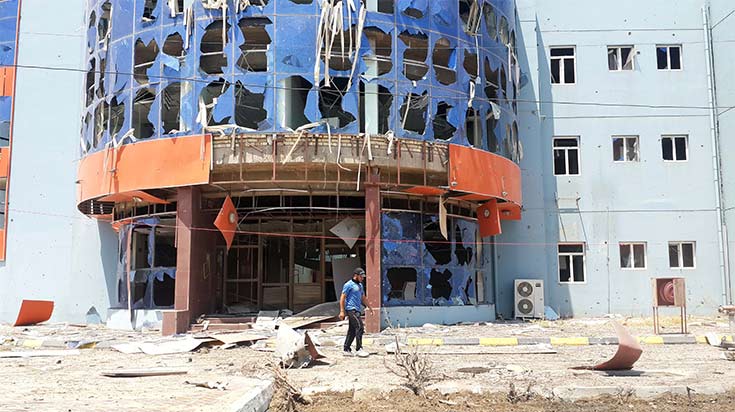
 RSS Feed
RSS Feed